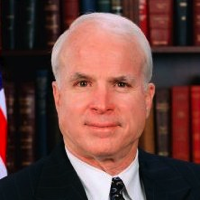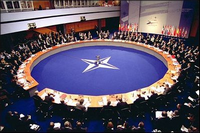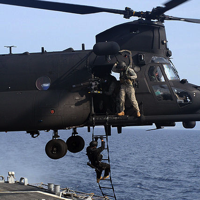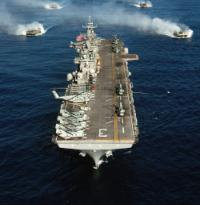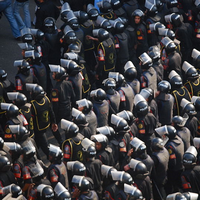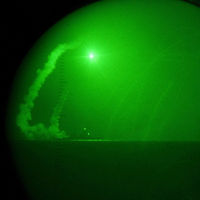
The Libya intervention has capped a difficult decade for airpower. While the combination of airstrikes and special forces units on the ground quickly overthrew the Taliban regime in 2001, the utility of airpower in counterinsurgency was called into question over the course of the long wars in Afghanistan and Iraq. It was hoped that the intervention in Libya would restore airpower’s luster by quickly defeating a tyrant bent on destroying his political enemies. But the campaign launched by the West’s most powerful air forces has thus far failed to dislodge Libyan leader Moammar Gadhafi, or even to force him to […]

